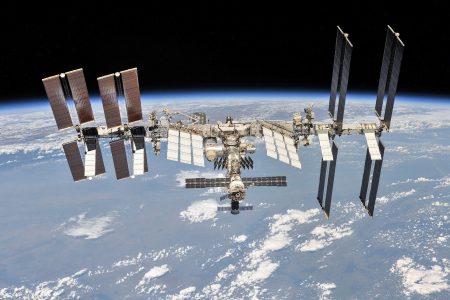A study funded by the National Aeronautics and Space Administration (NASA) on Thursday revealed that astronauts who travelled on the International Space Station (ISS) or NASA space shuttle on missions lasting at least six months experienced significant expansion of the cerebral ventricles – spaces in the middle of the brain containing cerebrospinal fluid.
“Spaceflight imposes multiple hazards on the human body including increased radiation, microgravity exposure, and social isolation and confinement in a closed environment, among other factors,” the study published in the journal Scientific Reports said.
Recovery time
Based on brain scans of 30 astronauts, the researchers found that it took three years for the ventricles to fully recover after such journeys, suggesting that an interval of at least that duration would be advisable between longer space missions.
“If the ventricles don’t have sufficient time to recover between back-to-back missions, this may impact the brain’s ability to cope with fluid shifts in microgravity. For example, if the ventricles are already enlarged from a previous mission, they may be less compliant and/or have less space to expand and accommodate fluid shifts during the next mission,” University of Florida neuroscientist Heather McGregor, lead author of the study told Reuters.
Impact
“The impact of ventricular expansion in space travellers is not currently known. More long-term health follow-up is needed. This ventricular expansion likely compresses the surrounding brain tissue,” theUniversity of Florida applied physiology and kinesiology professor and study senior author Rachael Seidler said.
The study concluded that longer missions, multiple flights, and shorter inter-mission recovery time induce greater intracranial fluid changes.
(With agency inputs)

